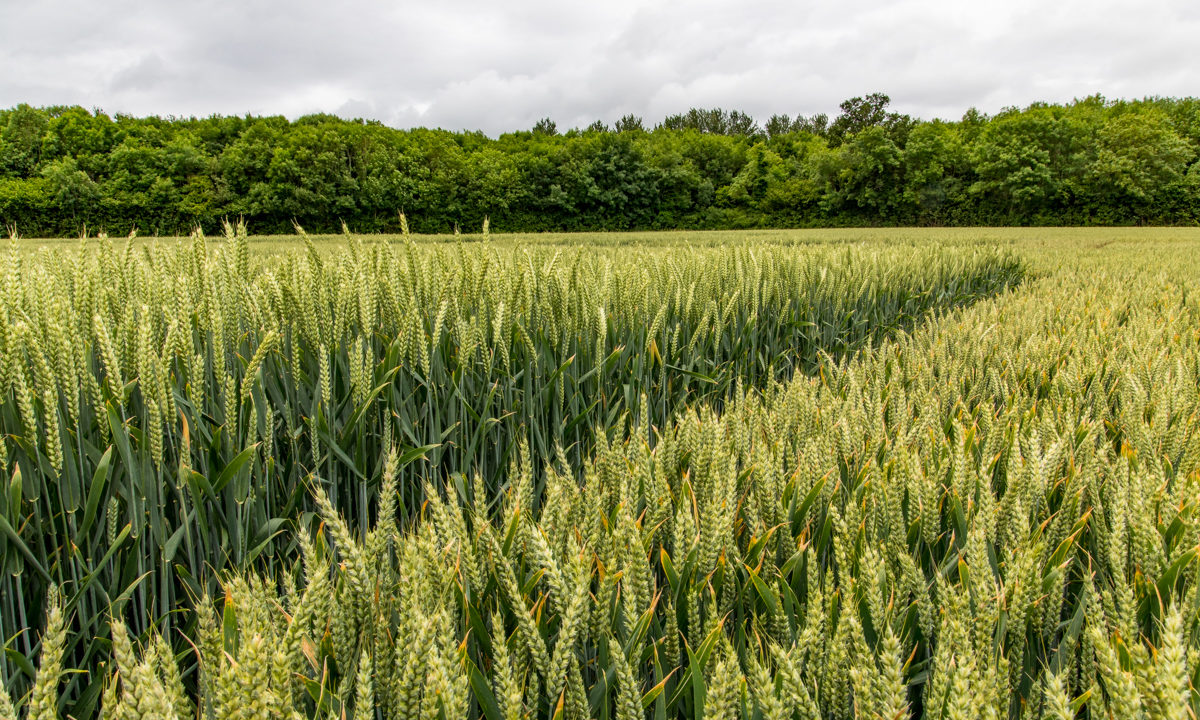Ahead of glyphosate applications for pre-harvest use, the Agricultural Industries Confederation (AIC) is reminding UK growers that it is vital to follow the Weed Resistance Action Group (WRAG) guidelines to help minimise glyphosate resistance,.
This is particularly in light of findings involving Italian ryegrass earlier this year.
In January 2025, WRAG announced that a single field population of the weed Italian ryegrass had been identified as resistant to glyphosate at the maximum label rate.
This marks the first fully documented case of glyphosate resistance in the UK. At the time, three other cases of suspected resistance were also identified.
Glyphosate
Further analysis showed that two of these populations demonstrated significantly reduced control from appropriate doses of the herbicide, and a third population exhibited decreased glyphosate sensitivity in testing.
Throughout the spring, samples of Italian ryegrass that survived glyphosate application were submitted to ADAS for resistance testing.
Early reports suggest that some of these populations may be cause for concern, according to the the AIC, however, it added that these were preliminary tests and need to be confirmed.
Emerging issues with glyphosate sensitivity and effectiveness continue to be associated with a dramatic reduction in mechanical weeding (cultivation), the use of low-disturbance or no-till designs combined with extended periods outside of cropping (e.g., stubbles or fallows) where no weed control is practiced, according to the AIC.
Ahead of pre-harvest glyphosate applications, the AIC is reminding growers of the importance of following WRAG guidelines to minimise the risk of glyphosate resistance in the UK.
In short these are:
- Prevent survivors: Avoid repeat applications to surviving plants;
- Maximise efficacy: Apply the correct dose rate to kill all target weeds (reduced rates increase the risk of reduced efficacy), at the right timing (when weeds are actively growing, avoiding stem extension growing phase), in the right conditions (do not apply to plants under stress from waterlogging, drought, or very cold weather);
- Use alternatives: Where practical, use non-chemical options such as cultivation, and use other herbicides in sequence;
- Monitor success: Remove survivors and report potential resistance issues to your advisor and/or the product manufacturer.
For pre-harvest uses, growers are advised to consult their BASIS-qualified agronomist to determine the appropriate rate and timing of glyphosate application.
This will help minimise the risk of resistance developing in further populations of Italian ryegrass.

